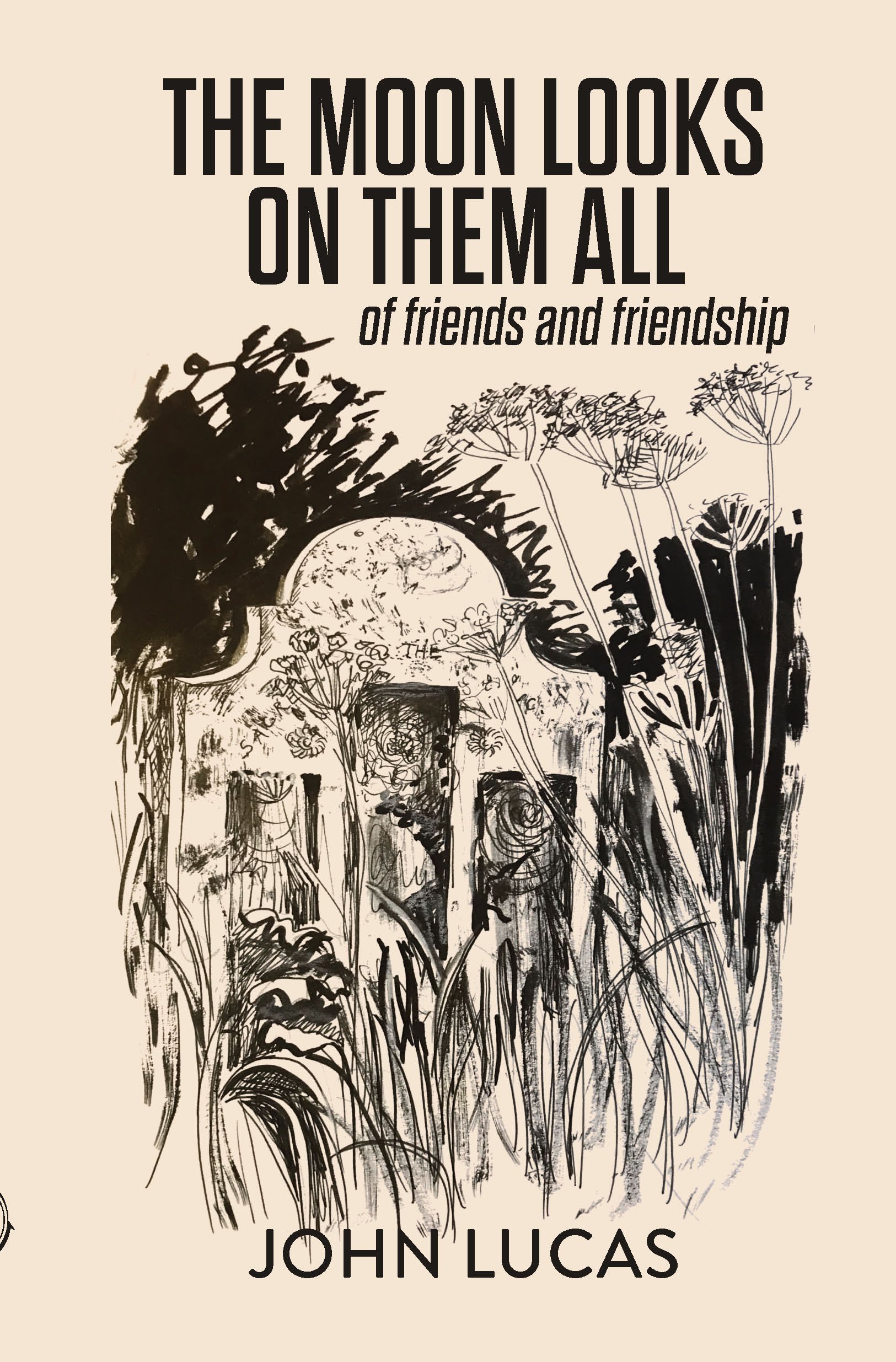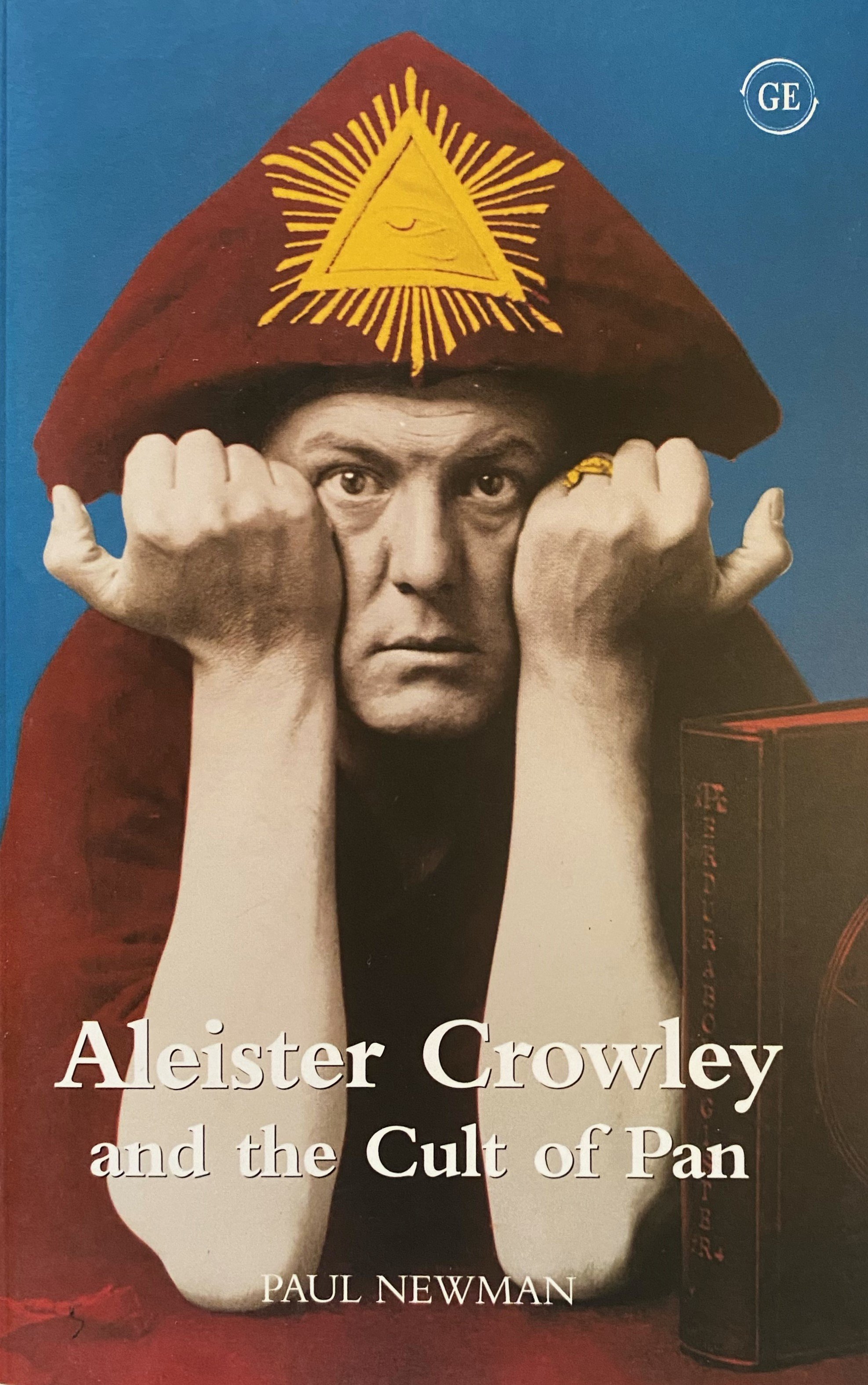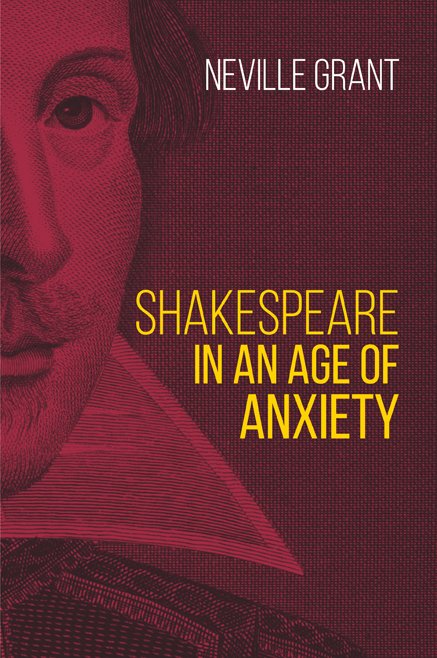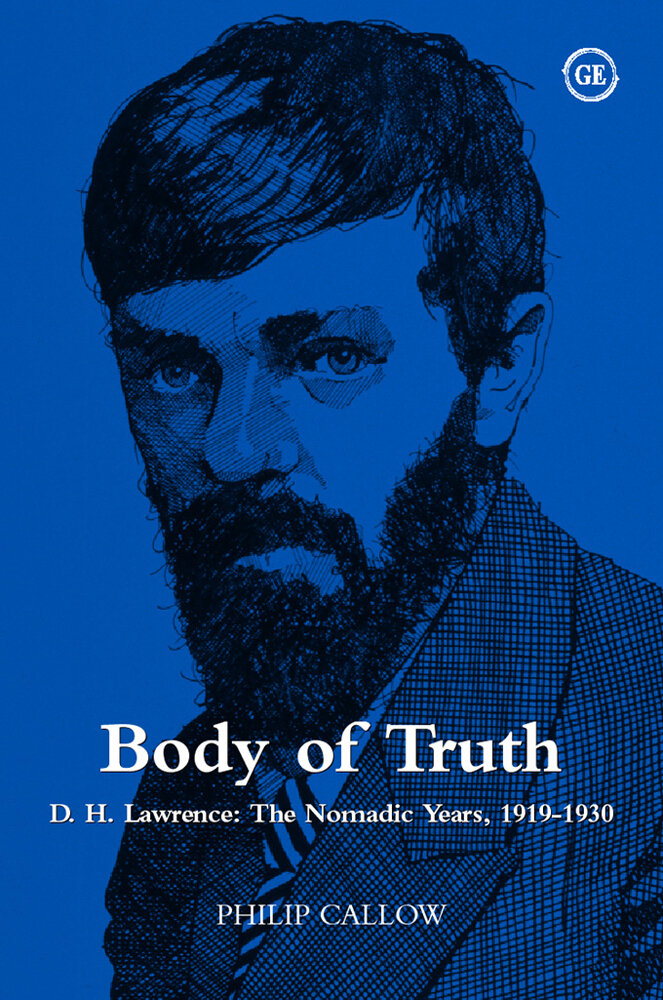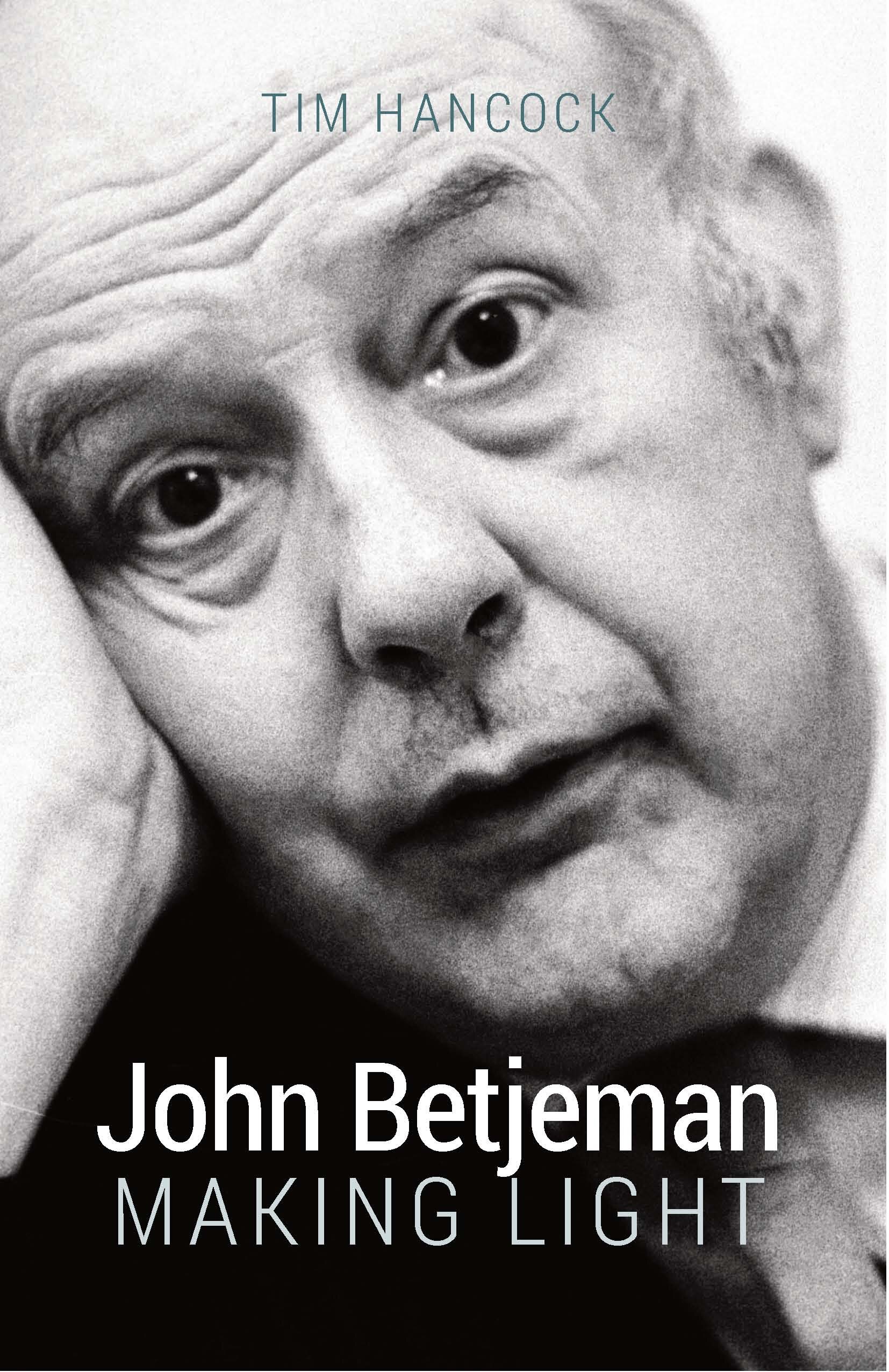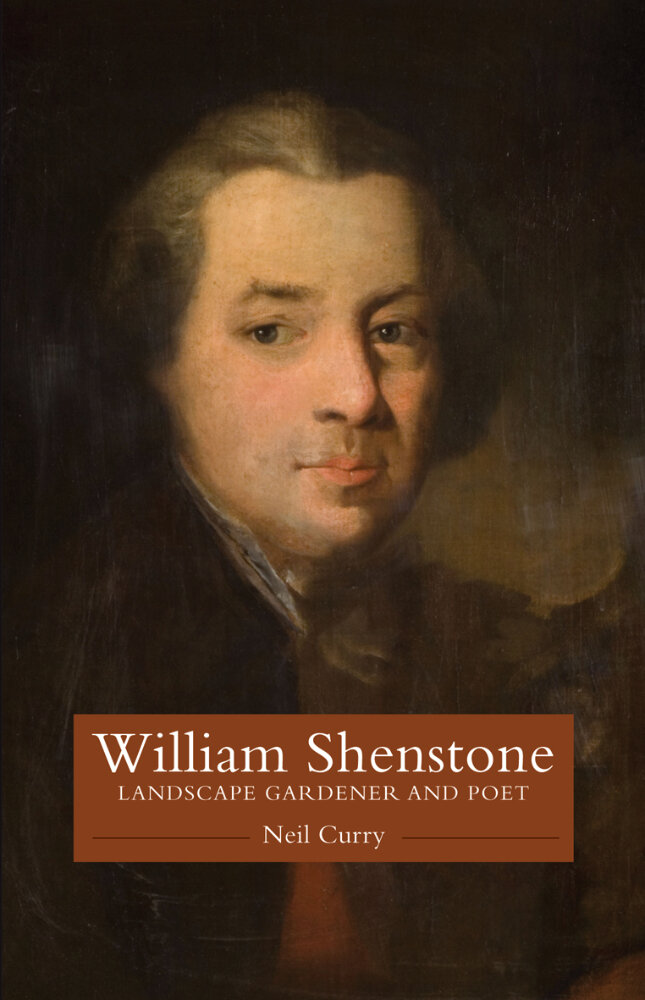 Image 1 of 1
Image 1 of 1


William Shenstone: Landscape Gardener and Poet
Celebrations of the ‘Horatian Ideal’ – living a tranquil, cultured life in the country as opposed to the turmoil of the city – had become a literary commonplace in the eighteenth century, but William Shenstone, almost uniquely, lived it.
A recognised pioneer of landscape gardening, his picturesque Midlands estate, The Leasowes, attracted admirers in their hundreds and there he wrote poems which show a move away from the formal and didactic towards the imaginative and the lyrical. He was also an evocative letter writer and essayist, but due to his modesty and, it has to be said, his indolence, little of what he wrote was published in his own lifetime. He was, however, recognised by his contemporaries as a man of taste and his was a powerful guiding influence on Percy’s Reliques and Dodsley’s influential Anthologies.
This study of Shenstone shows his many accomplishments, and in doing so not only brings to public attention a writer deserving of wider recognition, but also casts a fresh light on the middle years of eighteenth-century culture.
About the author:
Neil Curry is a poet, translator and literary critic with a particular interest in the eighteenth century, having published works on Alexander Pope, Christopher Smart, William Cowper and George Herbert. Among his nine poetry collections are Ships in Bottles, a Poetry Book Society Recommendation, Walking to Santiago, in which he recounts his 500-mile walk along the medieval pilgrim route, and Other Rooms: New & Selected Poems. He has also published The Fable of the World, translations from the French poet Jules Supervielle. He edited The Collected Poems of Norman Nicholson. He has lived for many years in the Lake District.
186 pages
ISBN: 978-1-910996-34-8
Celebrations of the ‘Horatian Ideal’ – living a tranquil, cultured life in the country as opposed to the turmoil of the city – had become a literary commonplace in the eighteenth century, but William Shenstone, almost uniquely, lived it.
A recognised pioneer of landscape gardening, his picturesque Midlands estate, The Leasowes, attracted admirers in their hundreds and there he wrote poems which show a move away from the formal and didactic towards the imaginative and the lyrical. He was also an evocative letter writer and essayist, but due to his modesty and, it has to be said, his indolence, little of what he wrote was published in his own lifetime. He was, however, recognised by his contemporaries as a man of taste and his was a powerful guiding influence on Percy’s Reliques and Dodsley’s influential Anthologies.
This study of Shenstone shows his many accomplishments, and in doing so not only brings to public attention a writer deserving of wider recognition, but also casts a fresh light on the middle years of eighteenth-century culture.
About the author:
Neil Curry is a poet, translator and literary critic with a particular interest in the eighteenth century, having published works on Alexander Pope, Christopher Smart, William Cowper and George Herbert. Among his nine poetry collections are Ships in Bottles, a Poetry Book Society Recommendation, Walking to Santiago, in which he recounts his 500-mile walk along the medieval pilgrim route, and Other Rooms: New & Selected Poems. He has also published The Fable of the World, translations from the French poet Jules Supervielle. He edited The Collected Poems of Norman Nicholson. He has lived for many years in the Lake District.
186 pages
ISBN: 978-1-910996-34-8


